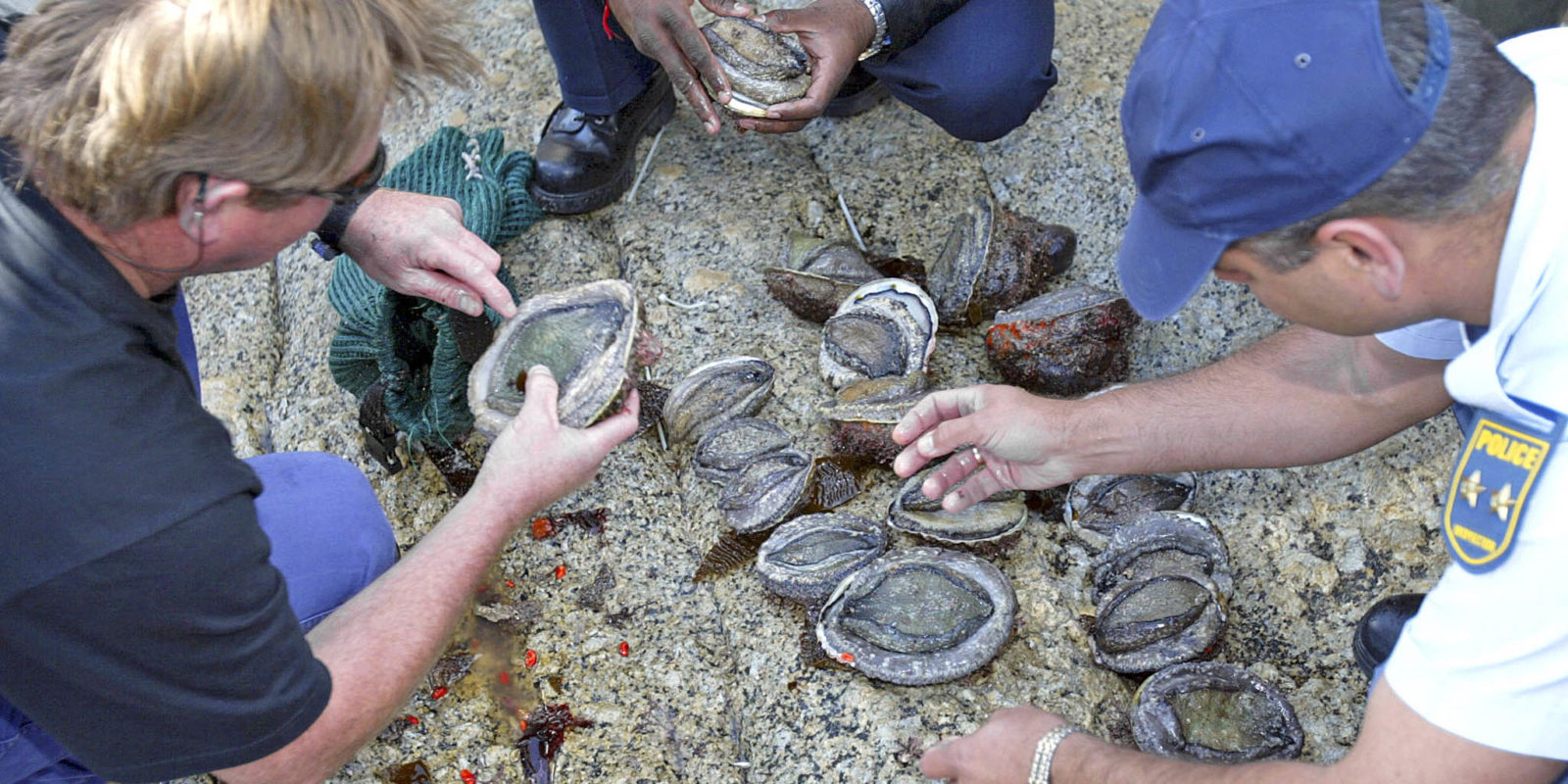
There will be a Covid-19-related socioeconomic and resultant crime problem that emerges before the virus hits South Africa’s shores in numbers. Communities will lose their entire income with immediate effect. This requires planning and almost immediate government support to thousands of destitute people — the fishing community of the Western Cape being an example.
The global focus of the outbreak of the novel coronavirus (Covid-19) has correctly been on preventing further human-to-human spread, treating those who are infected and finding the animal source from which the virus “jumped” into humans.
Current evidence strongly suggests that the “species jump” occurred in Wuhan within a Chinese “wet market.” Initial reports suggested that Covid-19 was directly linked to pangolins, as there appeared to be a close coronavirus “cousin” that was matched fairly well in pangolins with what has been isolated from infected humans. However, it may be even more complex than that, as further data suggests that the Covid-19 virus may actually have come from bats initially and that pangolins were either mere intermediaries of the virus before infecting humans – or there was a genetic mixing of both these bat/pangolin viruses into one that crossed over into humans.
Read and Listen to the full article here.



